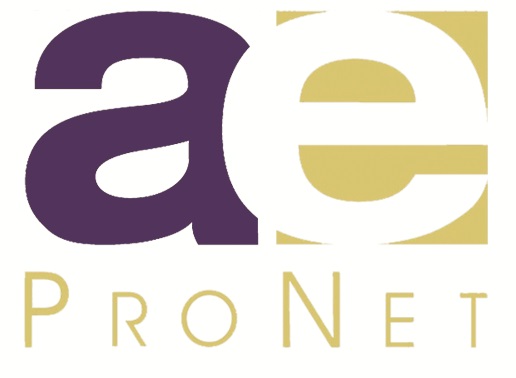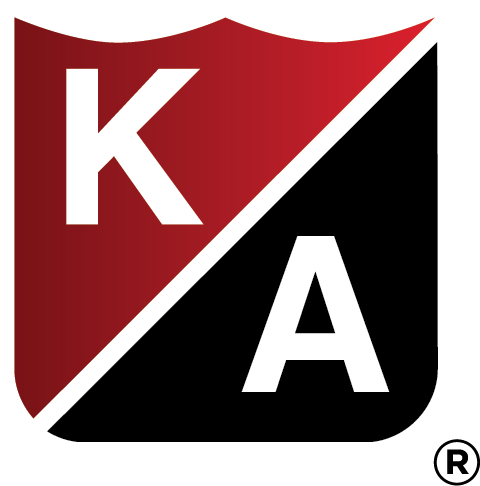There are two types of design professionals: those who have been stiffed by clients and those who will be. This pithy truism leads to another: obtaining payment for your work is your professional responsibility. Suing for unpaid fees is not equivalent to securing payment in the first place as the mire of litigation will assuredly squander the project’s original profitability. For the discerning design professional, the following is a best-practices guide for ensuring full and timely payment.

- First, include a contract provision conditioning the owner’s license to the instruments of service on full payment. Such language should unambiguously and expressly foreclose the possibility that the owner can default on his obligation to pay you and nevertheless utilize your design plans as he moves forward with construction.
- Second, be clear about the ownership rights of your design plans such that you own the plans in the contractual interim until and unless the owner makes full payment. No matter how pedantic and redundant it may feel to contract to such an intuitive measure, it feels a good deal worse to argue to a judge or jury what the contract implicitly intended regarding ownership rights.
- Third, insist on a contract clause curtailing the owner’s right to withhold your compensation as a penalty or a fee offset until and unless an adjudication has determined your liability. This provision is found at Section 11.10.2.2 of the AIA B101-2017 and is one of the first items owners seek to eliminate.
- Fourth, in the event that you must covenant that your potential liens, rights, and interests be subordinated to those of a lender, use that opportunity to make owner’s full payment a condition to the execution of such subordination agreement.
- Fifth, make full payment a condition precedent to obtaining building permits.
- Sixth, be a good steward of your fees. Just as you sign off on next phases of construction, so should an owner sign off on their next phases of payment obligations. Don’t let an owner’s rush to see a project finished relax your attitude toward accounts receivable; be diligent about obtaining timely periodic payments.
- Seventh, notify lenders when the owner becomes delinquent on his obligations to you. A notification requirement is generally included in subordination provisions but it’s far more prudent to effect this notice on your own than to wait for the owner to do so. This pressures owners even further when they have an upcoming financing event.
- Finally, seek the guidance of legal counsel to evaluate these steps. While none of your options may seem particularly pleasant, certain avenues will, nonetheless, be more fruitful than others and a knowledgeable attorney can help you navigate your way to payment.

Author: Patrick St. Pierre is an associate of Benjamin, Vana, Martinez & Biggs, LLP. He is a graduate of the University of Texas at Austin and the Washington University School of Law. The opinions expressed herein are soley those of the author and do not necessarily represent the views of Benjamin, Vana, Martinez & Biggs, LLP or its clients.



